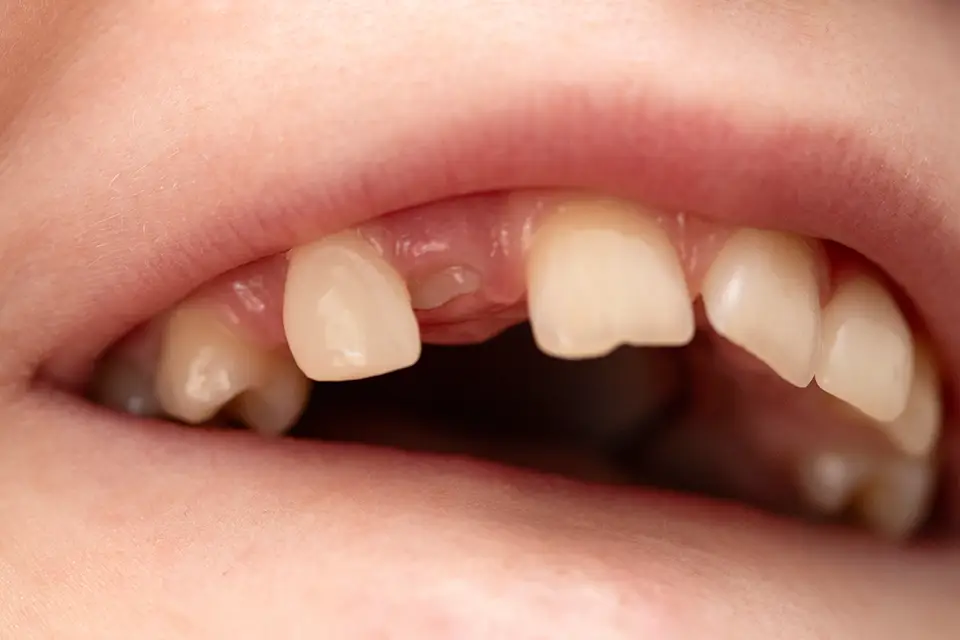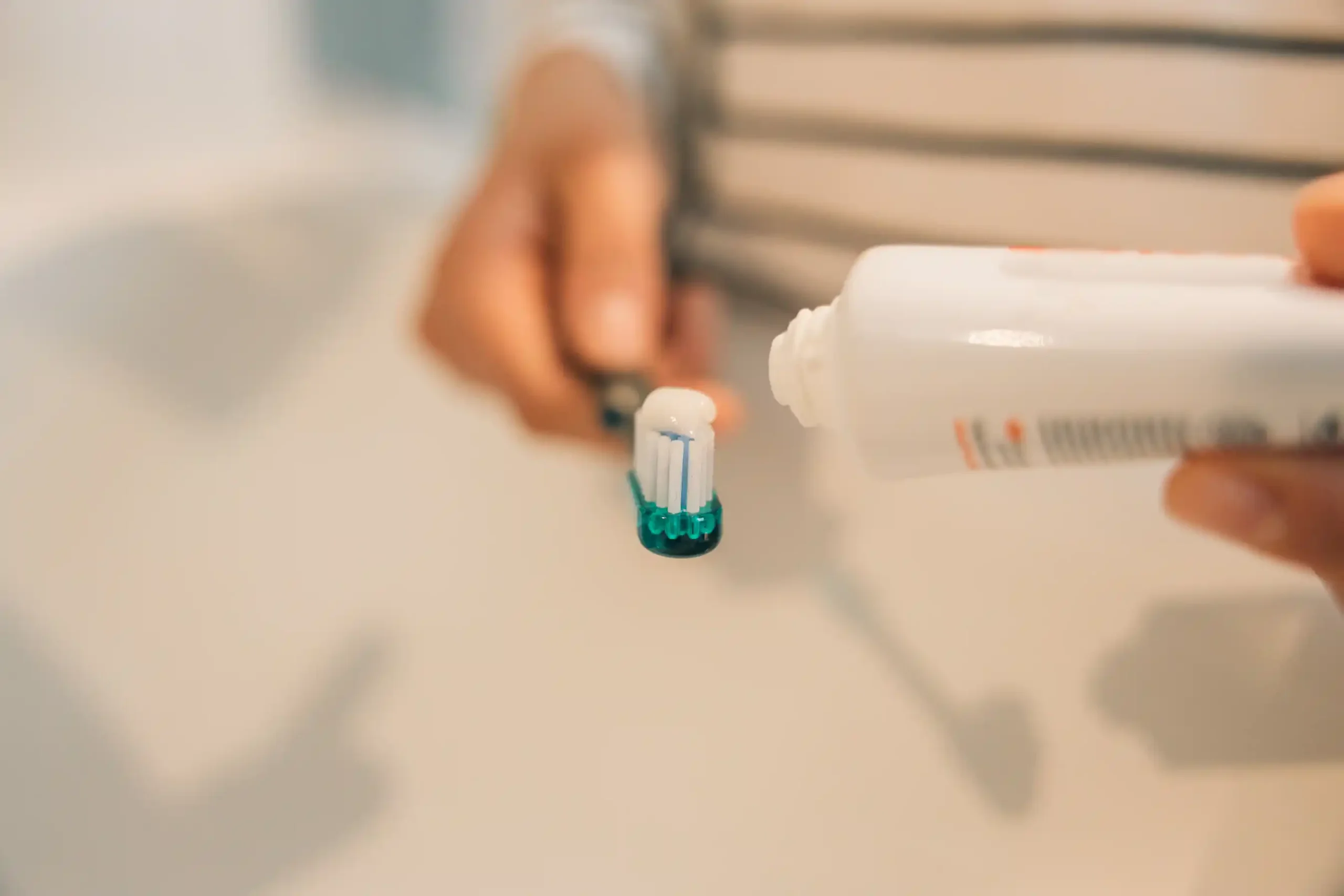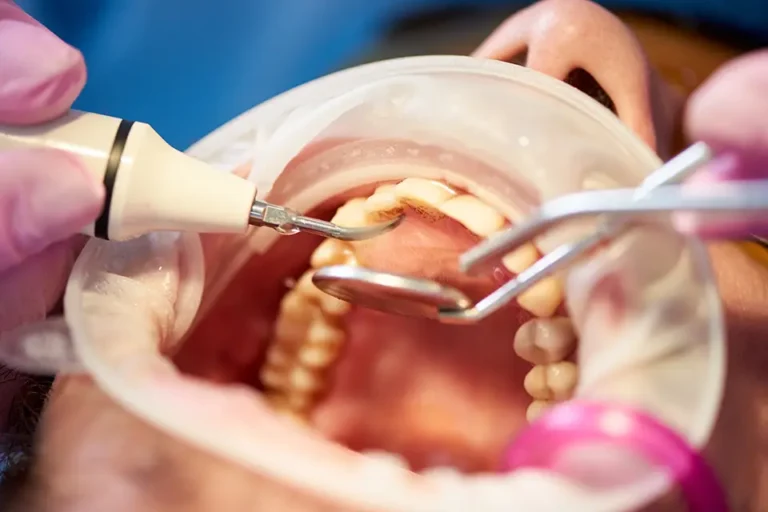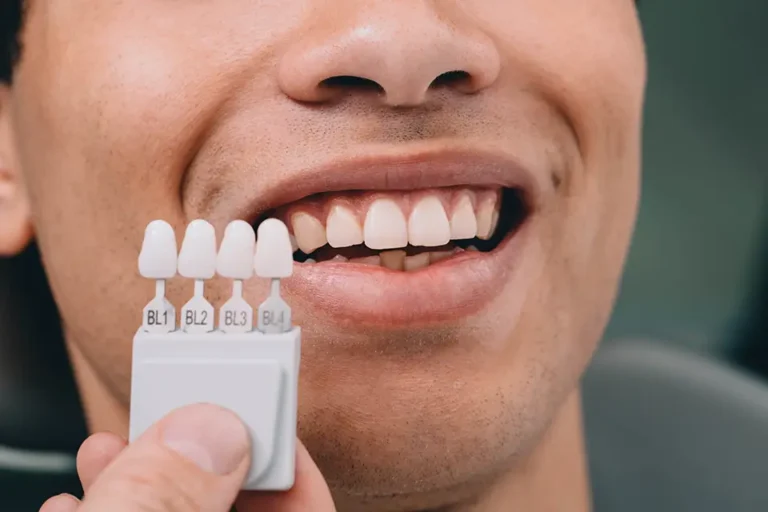What Is Fluoride?
Fluoride is a naturally occurring mineral found in water, air, soil, bones, and teeth. We frequently use this mineral in dentistry to strengthen tooth enamel and lower the risk of tooth decay and cavities.
We can find fluoride in toothpaste, mouthwashes, and dental gels. Yet, there is a great deal of dispute and contradictory studies concerning fluoride; continue reading to see which claims are legitimate and which are just common myths.
What Is Fluoride Used for?
We primarily use fluoride to prevent tooth decay, dental plaque, and minor types of gum disease. The method of water fluoridation, which is used in some countries, including the United States, involves adding small amounts of fluoride to community water supplies.
Fluoride: Myths and Facts
There are enough widespread misconceptions about fluoride to cause some individuals to be wary of this mineral, although it has several health advantages for humans.
In addition, the spread of false and misleading information about fluoride has raised concerns about its usefulness and safety. Therefore, to benefit from fluoride’s health advantages without worry, knowing its misconceptions and truths is critical.
Myth 1: "It Damages Your Teeth."
Fluoride offers several advantages in maintaining the teeth strong and healthy. The mineral claims to be able to remineralize weak dental enamel, slow down mineral loss from the enamel, and even stop hazardous bacteria from forming in the mouth.
When you consume a carbohydrate or sugar-containing food, the bacteria in your mouth break it down and release acids that target the minerals in your enamel – this is known as demineralization. Mineral loss increases the risk of tooth erosion and cavities. Fluoride aids in restoring these minerals, strengthening the teeth, and even reversing specific early decay-related symptoms.
Myth 2: "It Harms Your Health."
Unfortunately, the most widespread misconception is that fluoride harms your health and increases your risk of fluorosis or cancer. However, numerous global studies have yet to discover any connections demonstrating such. Like most things, fluoride is only toxic when consumed in excess.
It all depends on how much you take because drinking too much water can also harm your body. The average amount of fluoride we are exposed to throughout our lifetimes is not dangerous. We only consume a small amount to benefit our dental health.

Myth 3: "It Easily Causes Fluorosis."
Fluorosis is a disease caused by consuming excessive amounts of fluoride. Although it is technically conceivable to develop it, it would require consuming much more fluoride than you now do.
To put it another way, even if you consume fluoridated water, use fluoride-containing toothpaste and occasionally receive fluoride treatments during your routine dental cleanings. Fluorosis occasionally happens in the United States but is uncommon, so you shouldn’t be worried.
Myth 4: "Children Should Not Use Fluoride Toothpaste."
We use just the correct quantity of toothpaste to keep our teeth healthy, with no adverse side effects. Dentists and dental experts frequently recommend fluoride toothpaste, especially in regions and countries without water fluoridation.
Fluoride toothpaste should be essential to any dental routine due to its enormous advantages. Dentists suggest fluoride toothpaste for children, with current standards indicating that children under three should use a quantity the size of a grain of rice.
This guarantees that their teeth receive the essential protection, but not so much that it may damage them if swallowed.
Myth 5: "It Whitens Teeth."
Fluoride, contrary to popular belief, does not have the ability to whiten teeth. Although having no whitening abilities, it aids in strengthening and protecting teeth. Moreover, fluoride might lessen tooth sensitivity. Excessive consumption can create barely visible white spots. However, these are easy to cure.
Myth 6: "Fluoridated Water is Harmful."
In the United Kingdom, around 10% of the population benefits from fluoridated water, either naturally occurring or supplied at a level proven to promote dental health. Most water suppliers have an online function that allows you to determine if this applies to your area.
Children aged five who live in fluoridated areas had a 15% lower chance of developing dental decay than those in non-fluoridated areas. Moreover, there are 45% fewer hospital admissions for dental decay in fluoridated areas, frequently leading to teeth extraction under general anesthesia.
Several people don’t take advantage of fluoride’s enormous advantages for oral health because of the many misunderstandings around it. You owe it to yourself to do proper research and distinguish between facts and myths. Everyone should know that fluoride is healthy for our teeth and oral health. Call us at Zara Dental or book an appointment online if you live in Houston, Texas and have any fluoride-related questions or concerns!








